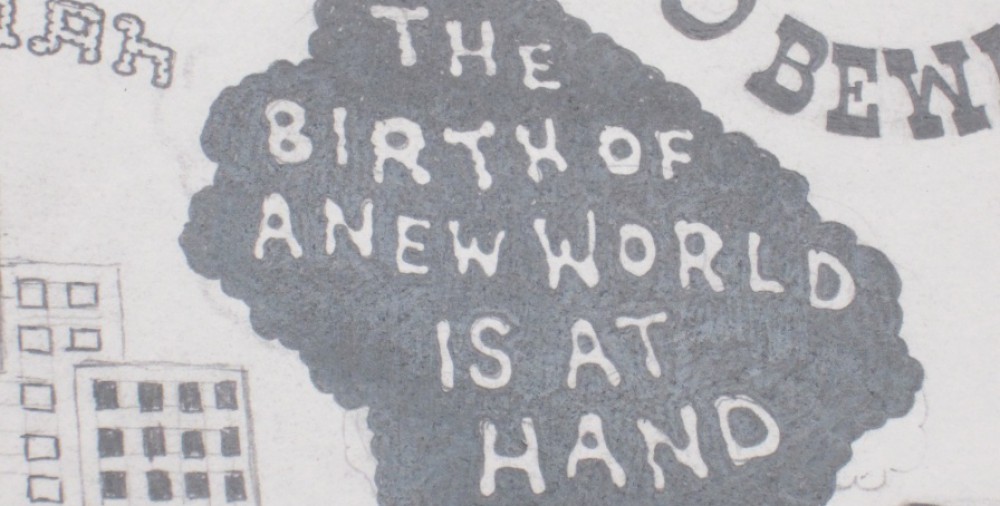Brave New World Chapters 1-5
Brave New World exposes the mindset of 20th century thinking and accurately predicts what could be expected in the future. Huxley does this by making the reader think about the illusions that society believes and the “happiness” that we think we have. He also criticizes the assumption that consumption is good for society. Although the book uses historical references that are not necessarily relevant today, readers of any time period can relate to the feeling that society is a caste system and that the government is trying to have complete control over everyone through indoctrination and manipulative ideas that reinforce conformity.
“Happiness” in this novel is defined as everyone neatly fitting a pre-determined mold that society has chosen for them. Critical thinking, creativity and individuality will lead to social isolation and therefore a lack of happiness. It was true then and is true now that there are so many advertisements and trends in thinking that are just trying to tell us to be happy. The self-help book genre, which has been very popular over the last decade, is founded on this idea. When people are angry or frustrated with the monotony and lack of freedom in their lives, many times we are simply told to be happy and to think positively. If not, we are scorned and told that we are negative, pessimistic and people will often choose to not associate with that person. Even in the 1930s, Huxley understood this as one of the means of social control.
Huxley was writing this novel at an interesting time in history and he is exposing the corruption and social control of both the East and West. In some parts of these chapters, he is writing a critique of Communist Russia. This is clear when he describes a society that has destroyed the family unit, outlawed religion, assigned all of its citizens to very specific tasks, and punishes those who dissent. He even names his characters Russian names such Marx and Lenina. However, I think he is trying to show that American and English society are doing the same, just with a different economic system. This is evident in society’s worship of Ford. Ford’s factories at this time were creating an assembly line of workers performing monotonous tasks all day long. The efficiency by which the system runs takes the individuality and creativity out of the manufacturing process. This creates a society of drones.
Earlier in America and England, society encouraged frugality and restraint with money and resources. But now that Ford has taken over as the new God, people were being encouraged to buy more and more so that the economy can be supported and everyone can be “happy.” The first five chapters of Brave New World, present an image of the future in which society is tightly controlled and regulated in order to ensure efficiency. Although written for a specific time in history, its messages of social control, erasure of individuality and socially caste systems can be relevant at any time.



